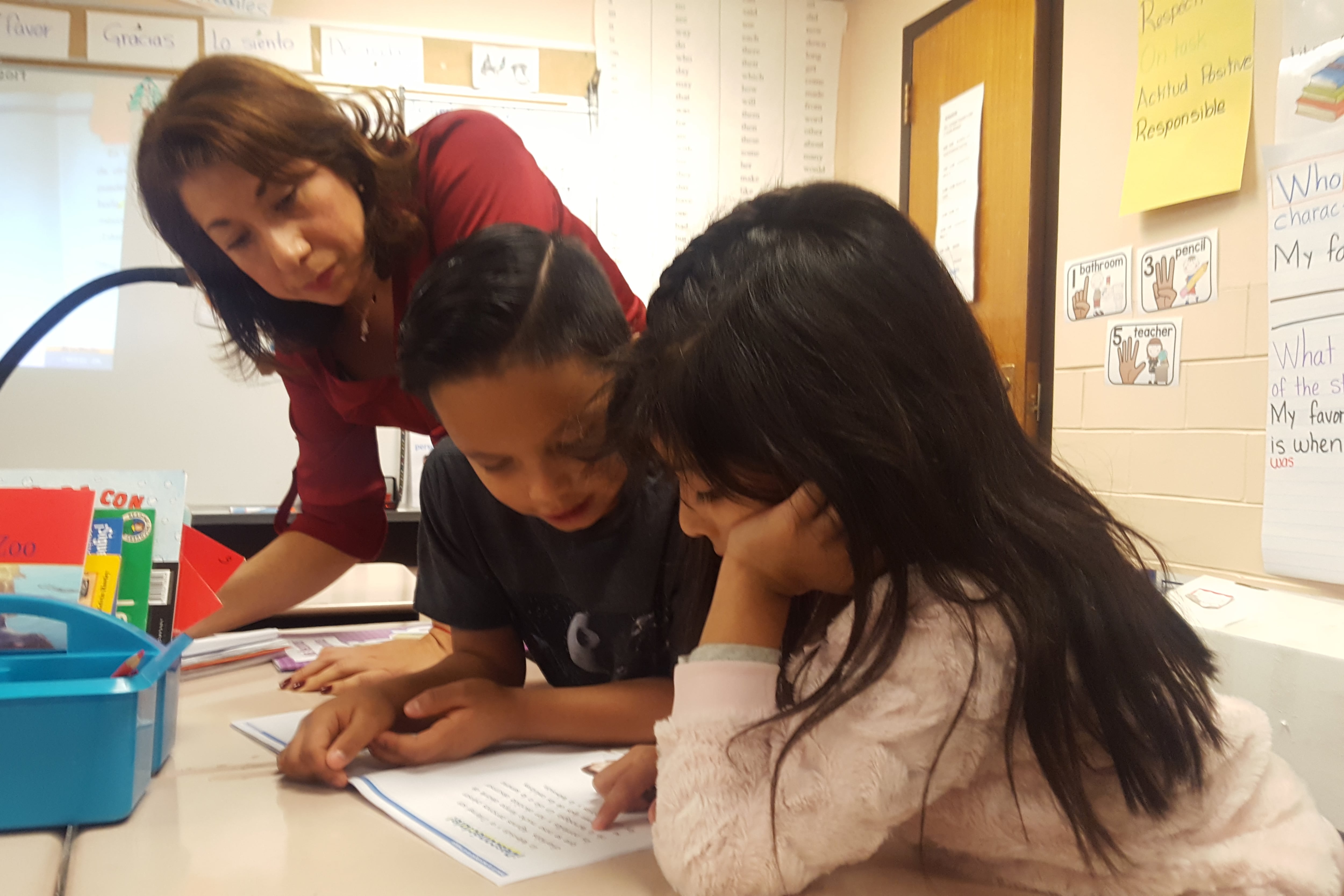Colorado will stick to an August deadline for early elementary teachers to complete mandatory training on how to teach reading, despite pushback from some school district leaders about burdensome reporting requirements.
Most State Board of Education members on Wednesday agreed that districts should be able to handle the job by the deadline. Districts that don’t — except in rare cases where emergencies or unforeseen circumstances prevent teachers from completing the training on time — could risk losing their annual allocation of state money for teaching struggling readers.
The board did not vote on the matter, but its direction to state education leaders aligns with its stance in recent years to hold firm on efforts meant to boost the state’s dismal third-grade literacy scores. The teacher training requirement came out of a 2019 law and is seen as a key lever for changing how early reading instruction is delivered in kindergarten through third grade.
About 23,000 early elementary teachers must complete the 45-hour teacher training, either by taking a free online course or completing other state-approved options. So far, more than 20,000 teachers have enrolled in the free course, and 7,500 have completed it. Another 1,000 teachers have signed up for other approved options, and nearly 700 have completed them.
A number of Colorado superintendents, along with groups representing district leaders and school boards, recently raised concerns about the data being collected on the K-3 teacher training as well as a separate topic, graduation guidelines.
They wrote in a February letter to the Colorado Department of Education, “In each of these cases, the amount of data being requested and how it is collected far exceeds the intent of these legislative actions.”
But generally, State Board members didn’t agree.
After education department staffers explained the process by which most teachers will submit proof they completed the training, board member Steve Durham said, “It doesn’t seem to me to be as big of a data burden certainly as described in the letter.”
For teachers who take the free course, there’s a simple online process to show evidence of completion in the state’s teacher licensing database, which districts can access. The process is somewhat more complicated for teachers who satisfy the training requirement in other ways or choose not to submit their completion evidence to the licensing database. In such cases, districts could face more administrative hassle in proving that their teachers have met the training requirement.
Multiple board members said it’s important to communicate to districts what’s expected by the Aug. 15 data submission deadline and what will happen if they fail to meet the deadline.
“We’re either moving forward and treating this like a requirement or we’re not,” said board member Rebecca McClellan. “If districts know that their funding truly is contingent on this and that we want to give ample, crystal clear notice, my hope is that we’ll see this reported correctly by the deadline in August.”
Ann Schimke is a senior reporter at Chalkbeat, covering early childhood issues and early literacy. Contact Ann at aschimke@chalkbeat.org.





